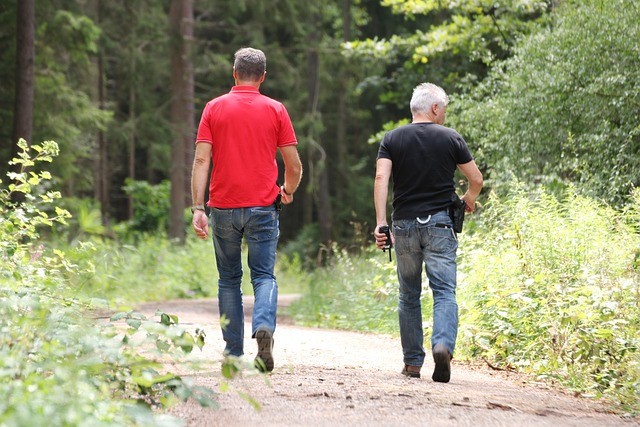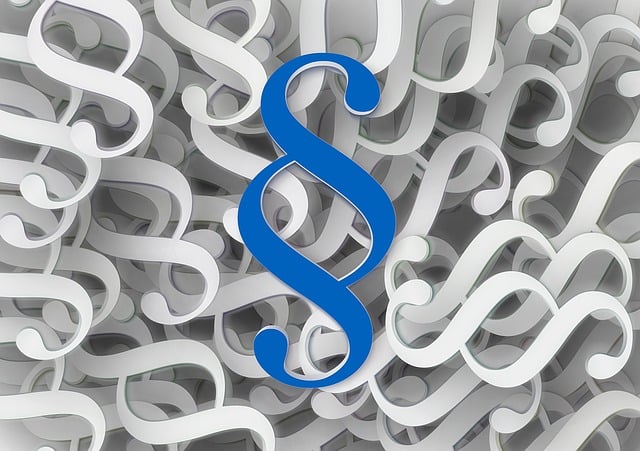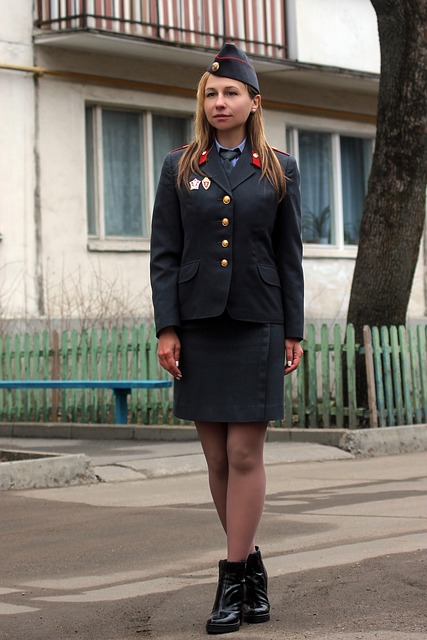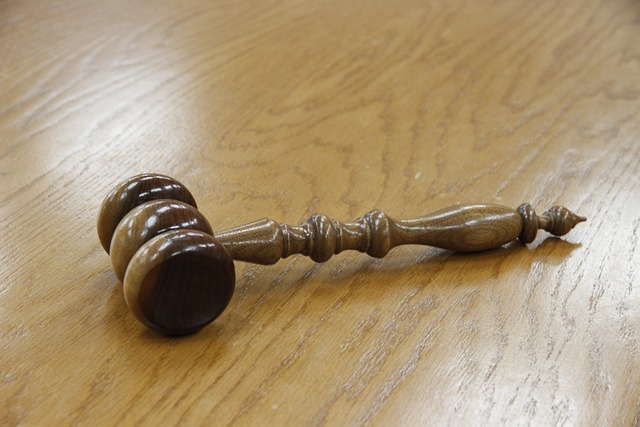Voir dire, meaning "to speak the truth," is a crucial process in criminal law, especially high-profile trials like jury trials and white-collar defense. This method involves questioning potential jurors to ensure fairness by understanding their backgrounds, experiences, and biases. Effective voir dire significantly influences trial outcomes, impacting public perception of justice. It's vital for selecting impartial juries, protecting rights, and achieving just verdicts in criminal cases.
In the intricate dance of criminal law, ensuring fair trials is paramount. Central to this process is voir dire, a crucial step where judges and attorneys scrutinize potential jurors. This article delves into the significance of voir dire in criminal trials, exploring its role in selecting unbiased juries. We analyze key selection considerations, dissecting how it mitigates bias and promotes fairness. Furthermore, we uncover common pitfalls and offer effective strategies for mastering this vital process, underscoring the importance of voir dire in safeguarding our justice system.
- Understanding the Role of Voir Dire
- Selection Process: Key Considerations
- Impact on Jury Bias and Fairness
- Challenges and Common Pitfalls
- Effective Strategies for Successful Voir Dire
Understanding the Role of Voir Dire

Voir dire plays a pivotal role in criminal law cases, especially in high-stakes trials like jury trials and white-collar defense. This process, which translates to “to speak the truth,” is critical for selecting an impartial and competent jury. It involves questioning potential jurors to assess their ability to render a fair verdict based on the evidence presented. The goal is to ensure that the final jury is unbiased, understands their responsibilities, and can set aside personal biases or prejudices.
During voir dire, attorneys from both sides pose questions to prospective jurors to gain insights into their backgrounds, experiences, and opinions. This allows them to make informed decisions about peremptory challenges, where they can exclude jurors without giving a reason. Effective use of voir dire can significantly impact the outcome of criminal trials, shaping public perception and ensuring justice is served.
Selection Process: Key Considerations
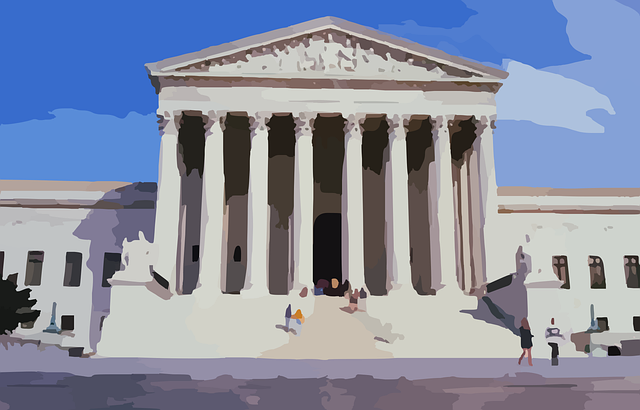
The selection process in criminal law cases is paramount to ensuring fairness and achieving extraordinary results. Voir dire, a critical component of this process, involves questioning potential jurors to determine their impartiality and suitability for a particular case. This meticulous practice, often referred to as “the heart of jury selection,” is crucial in high-stakes cases where the outcome can significantly impact not just the accused’s life but also the perceptions of justice within the philanthropic and political communities.
The importance of voir dire cannot be overstated; it allows attorneys to uncover biases, prejudices, or prior experiences that might influence a juror’s decision. Skilled counsel leverages this process to strike qualified jurors who can render an unbiased verdict based on the evidence presented. Effective voir dire is not just about disqualifying those with obvious biases but also identifying individuals who bring diverse perspectives, ensuring a well-rounded jury capable of considering all aspects of the case.
Impact on Jury Bias and Fairness
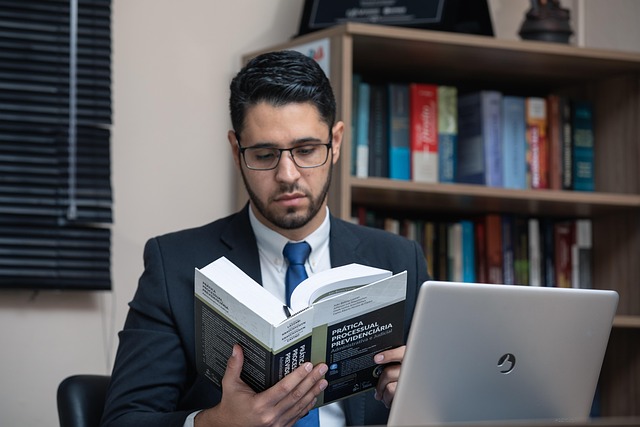
The fairness and impartiality of a jury are paramount to the outcome of any criminal trial. One of the most significant tools in ensuring this is the voir dire process, which plays a crucial role in managing potential biases among prospective jurors. During voir dire, attorneys from both sides have the opportunity to question potential jurors about their backgrounds, experiences, and prejudices, allowing them to make informed decisions on who should serve on the panel. This meticulous screening process is essential to avoiding indictment based on biased or unfair judgments.
A well-conducted voir dire can help identify and mitigate biases that might influence a juror’s decision-making throughout all stages of the investigative and enforcement process, up to and including the consideration of a complete dismissal of all charges. By carefully examining potential jurors’ views on various legal issues, attorneys can select a fair and unbiased panel, thereby safeguarding the rights of both the defendant and the prosecution in criminal cases.
Challenges and Common Pitfalls
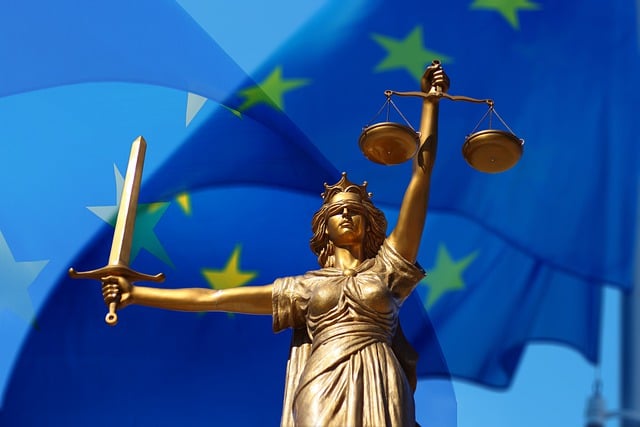
In any criminal law case, the process is fraught with challenges and potential pitfalls that can significantly impact the outcome. One of the most critical yet often overlooked aspects is the voir dire procedure – a vital step in selecting an impartial jury. The importance of voir dire in criminal trials cannot be overstated; it’s a strategic dance between attorneys and prospective jurors, aiming to uncover biases, prejudices, or any factors that might cloud their judgment. A well-conducted voir dire enhances the chances of achieving winning challenging defense verdicts, ensuring a fair trial for all parties involved.
Beyond individual cases, the implications extend to the philanthropic and political communities at large. Juries are the bedrock of our criminal justice system, and their decisions shape public perception and trust in that system. Thus, meticulous jury selection through effective voir dire is essential for maintaining the integrity of our legal institutions. Moreover, whether dealing with corporate and individual clients, attorneys must be adept at navigating these intricacies to protect their clients’ rights and interests.
Effective Strategies for Successful Voir Dire
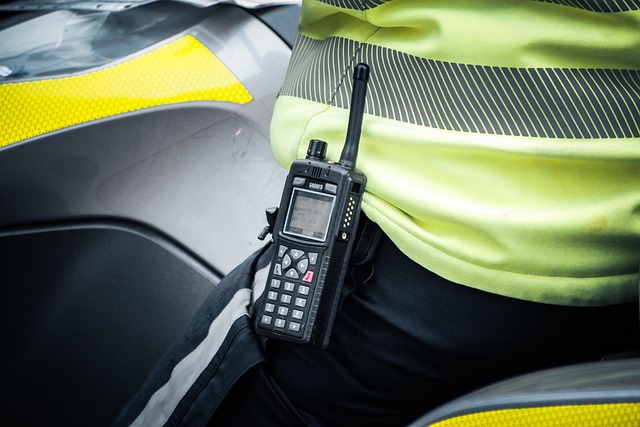
Voir dire plays a pivotal role in the outcome of criminal trials, serving as a crucial filter to ensure a fair and impartial jury. This process allows judges and attorneys to gain insights into potential jurors’ backgrounds, experiences, and biases, enabling them to make informed decisions about selection. An effective voir dire strategy is essential for a successful general criminal defense, especially in complex cases involving white-collar and economic crimes.
Attorneys should prepare thoroughly by researching the respective business and legal landscape relevant to the case. This involves understanding the nature of the charges, the potential penalties, and any unique aspects of the industry or transaction at hand. During voir dire, questioning should be designed to uncover biases related to these specific factors, ensuring that the final jury is capable of rendering an unbiased verdict based solely on the evidence presented in court.
The voir dire process plays an indispensable role in ensuring fairness within criminal law cases. By carefully examining potential jurors through questioning, lawyers and judges can identify biases and ensure a diverse, impartial panel. This meticulous selection method is crucial for maintaining the integrity of the justice system, as it directly impacts the outcome of trials. Understanding both the technicalities and strategic nuances of voir dire is essential for legal professionals to navigate this critical phase effectively and ultimately uphold the principles of justice.
